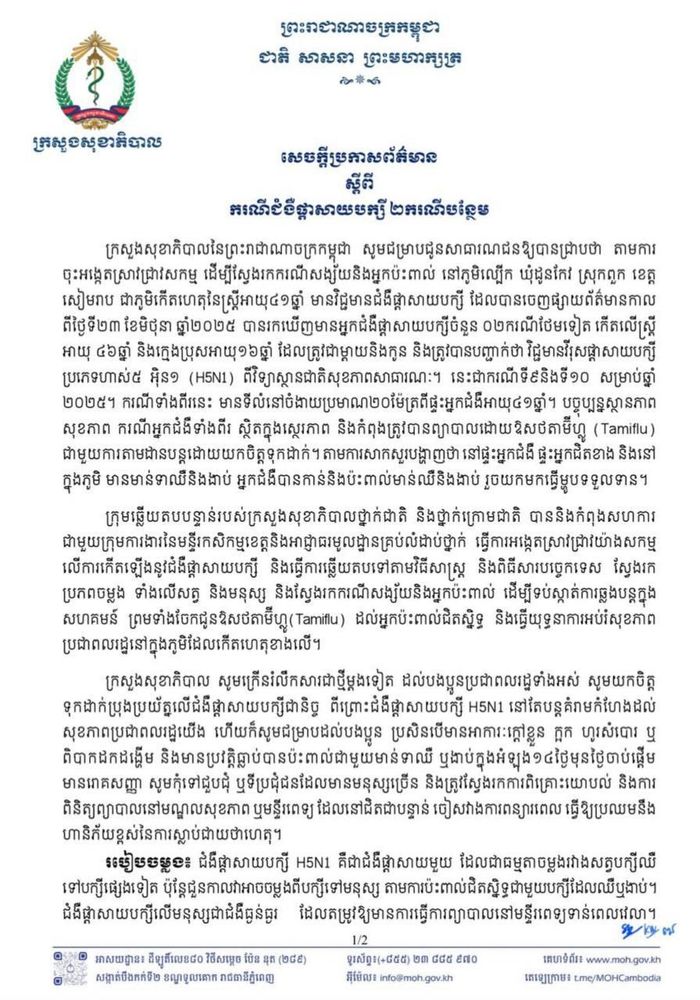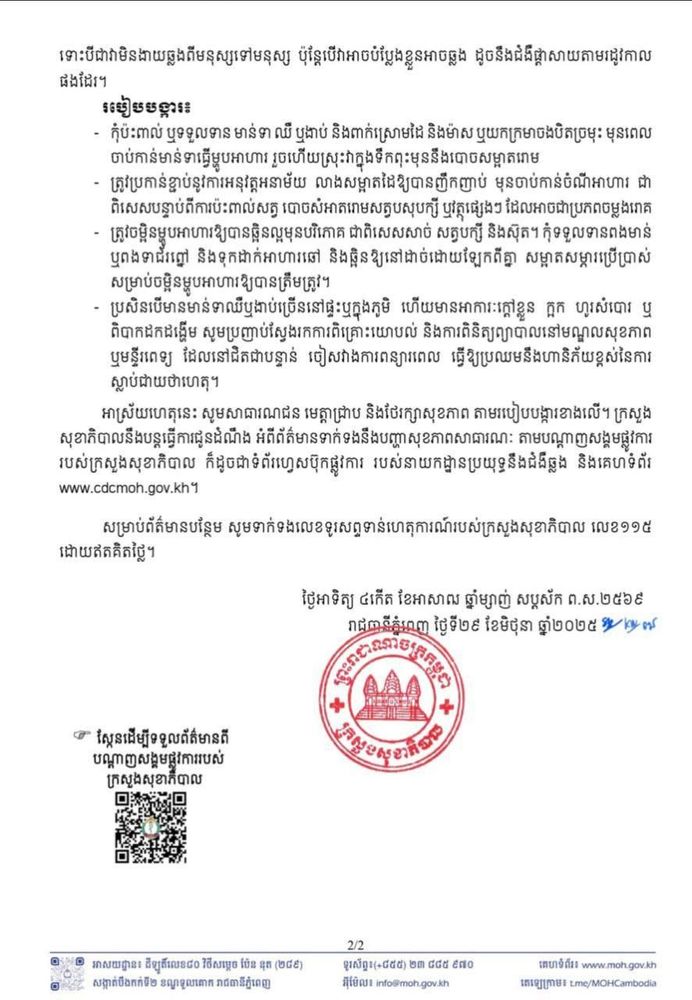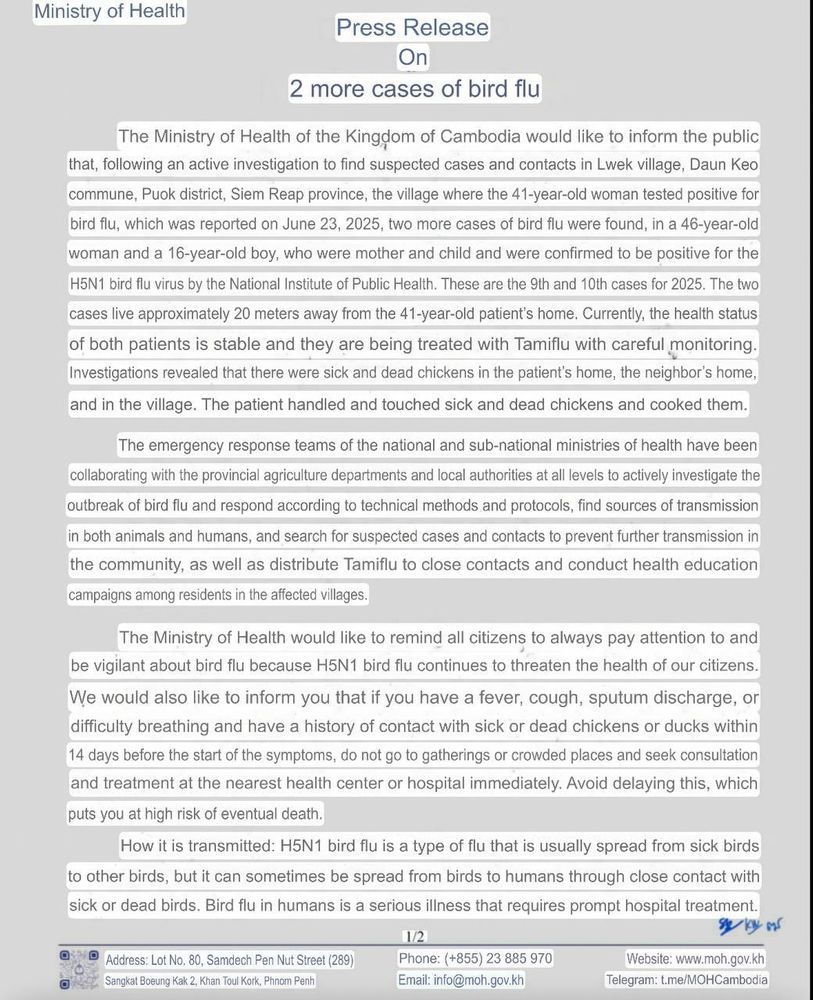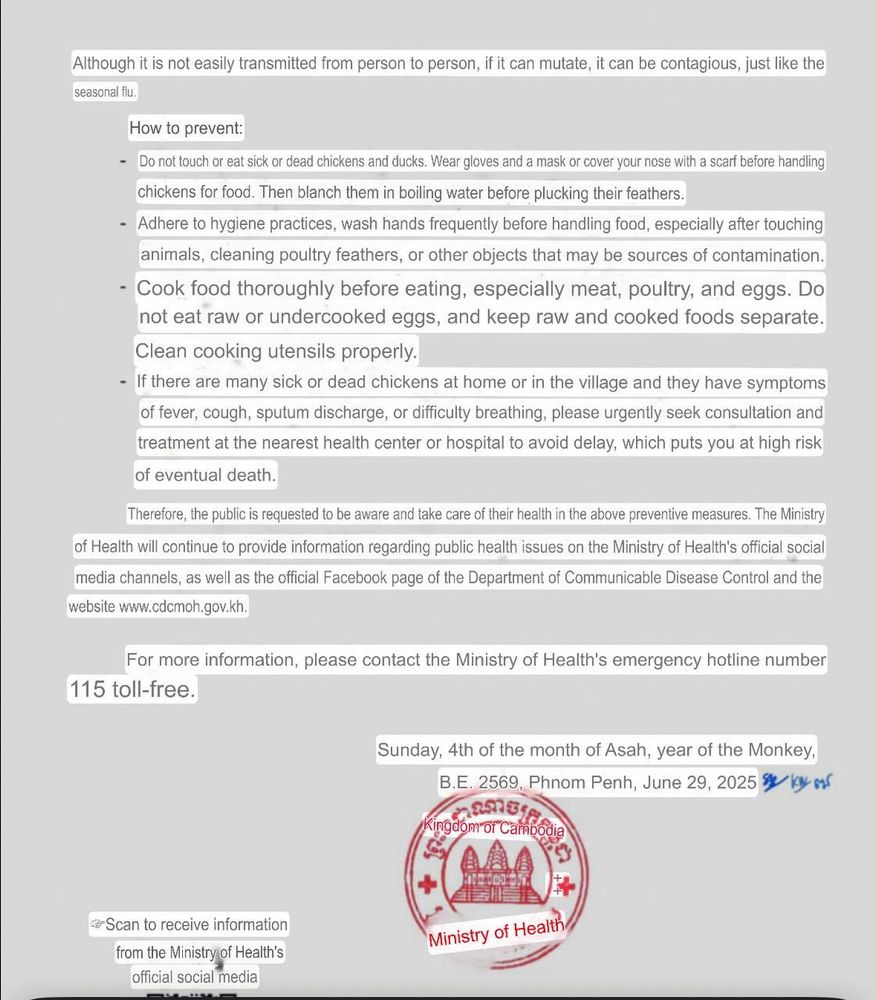
go.nature.com/3JJBrY1

go.nature.com/3JJBrY1
www.agriculture.gov.au/about/news/s...


www.agriculture.gov.au/about/news/s...
The 2025 Nobel Prize in Physiology or Medicine has been awarded to Mary E. Brunkow, Fred Ramsdell, and Shimon Sakaguchi for their groundbreaking discoveries on peripheral…

The 2025 Nobel Prize in Physiology or Medicine has been awarded to Mary E. Brunkow, Fred Ramsdell, and Shimon Sakaguchi for their groundbreaking discoveries on peripheral…
www.cell.com/current-biol...

www.cell.com/current-biol...
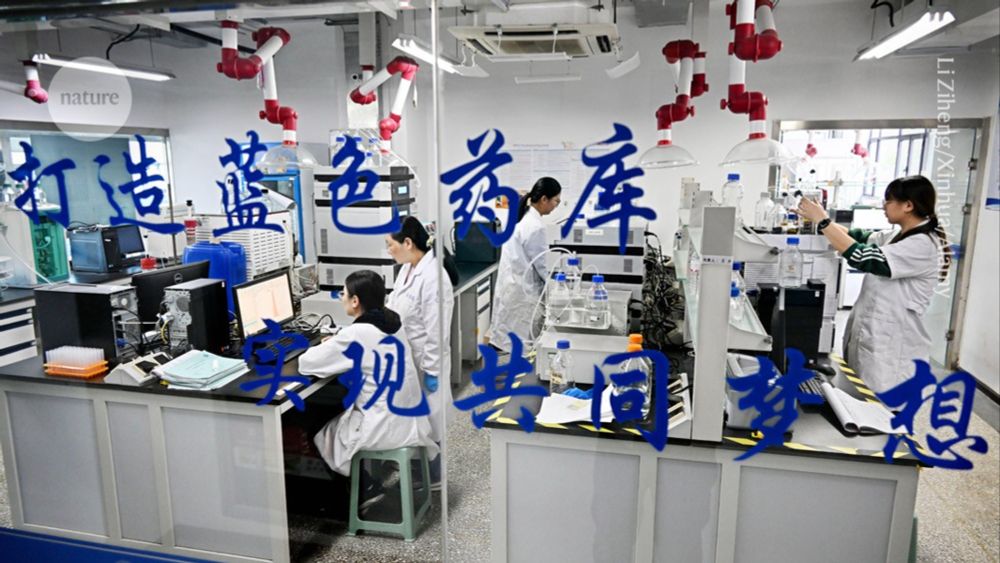
www.nature.com/articles/d41...
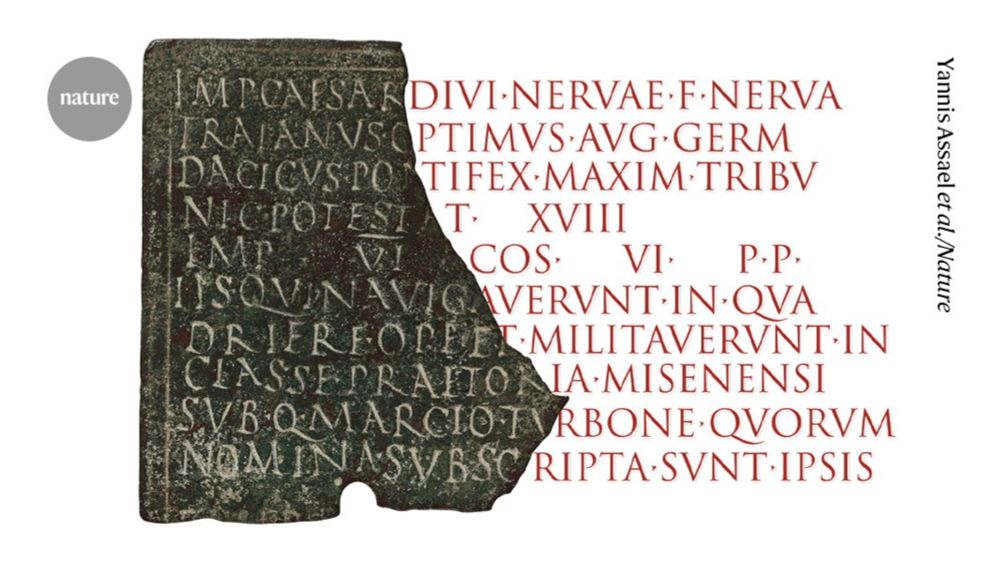
www.nature.com/articles/d41...

go.nature.com/44MQsQI
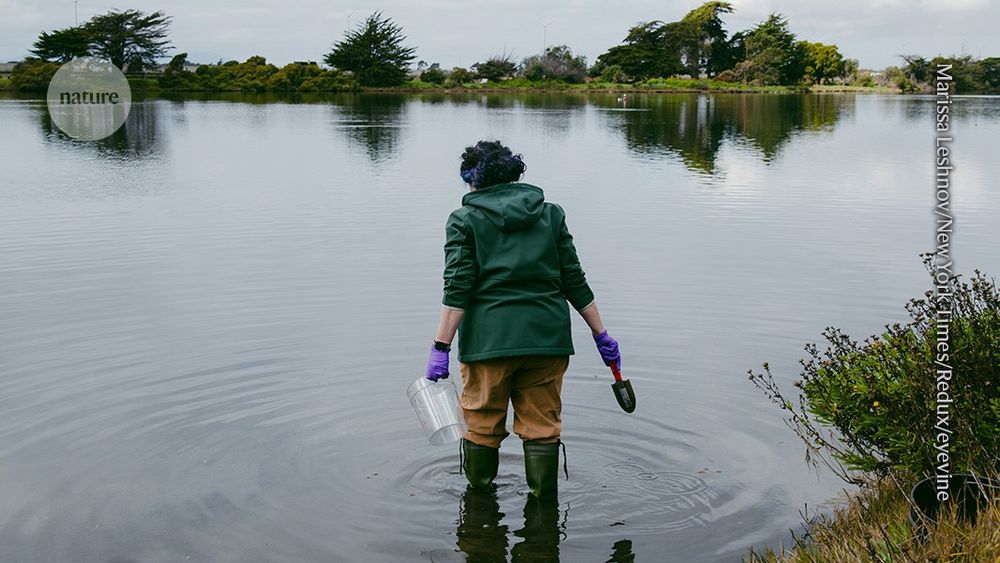
go.nature.com/44MQsQI
go.nature.com/4m0xFqG
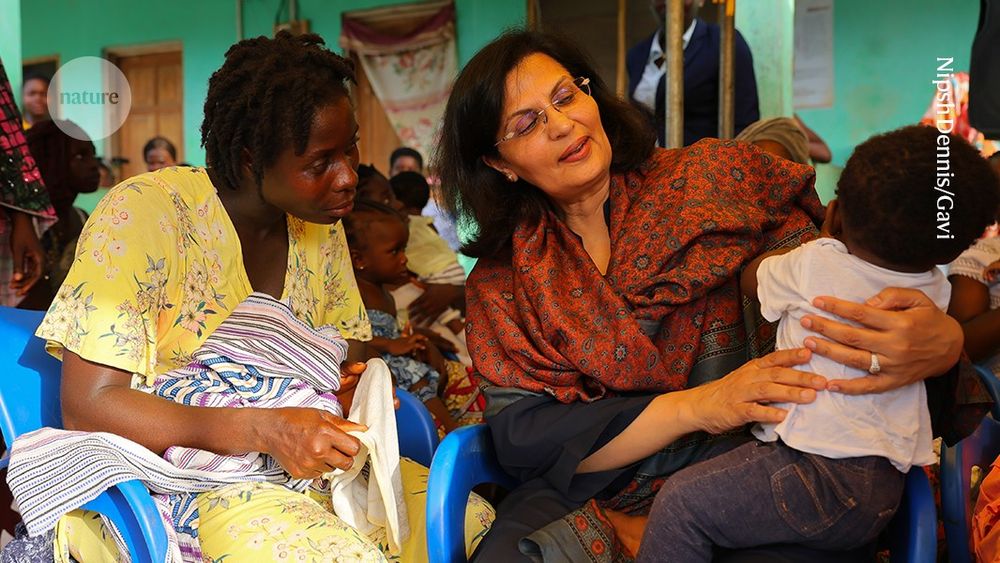
go.nature.com/4m0xFqG
go.nature.com/45caBj4
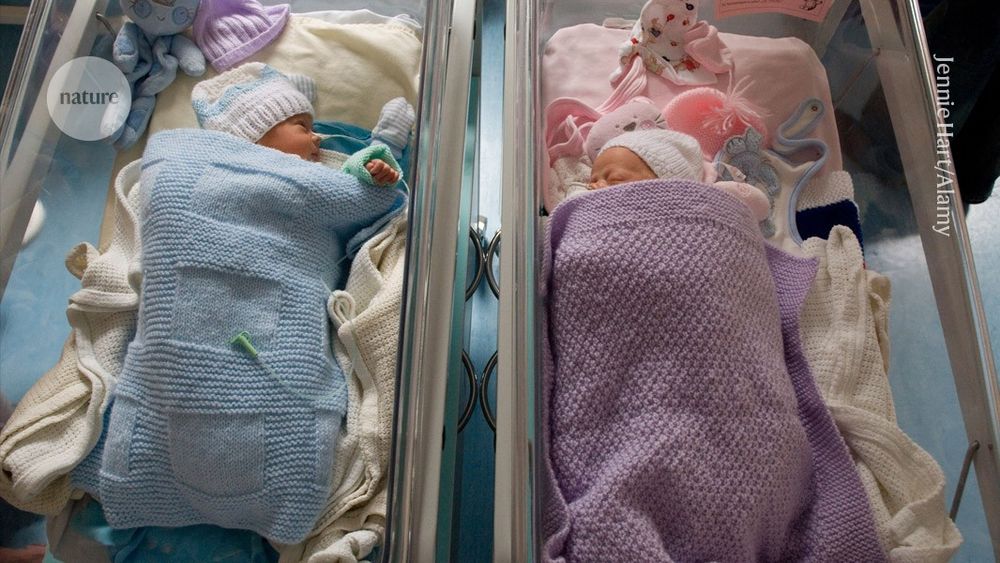
go.nature.com/45caBj4
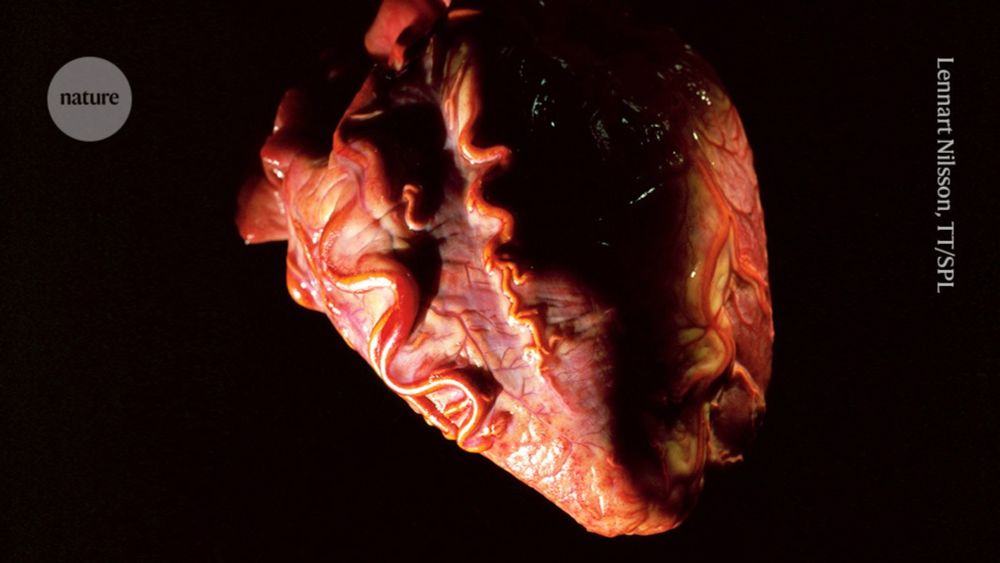
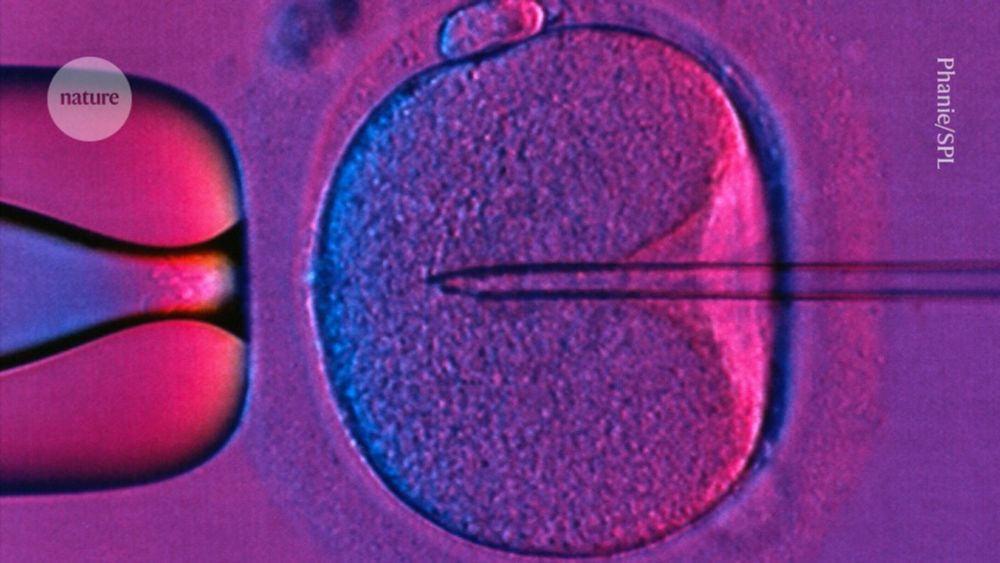

go.nature.com/3IkDNf5
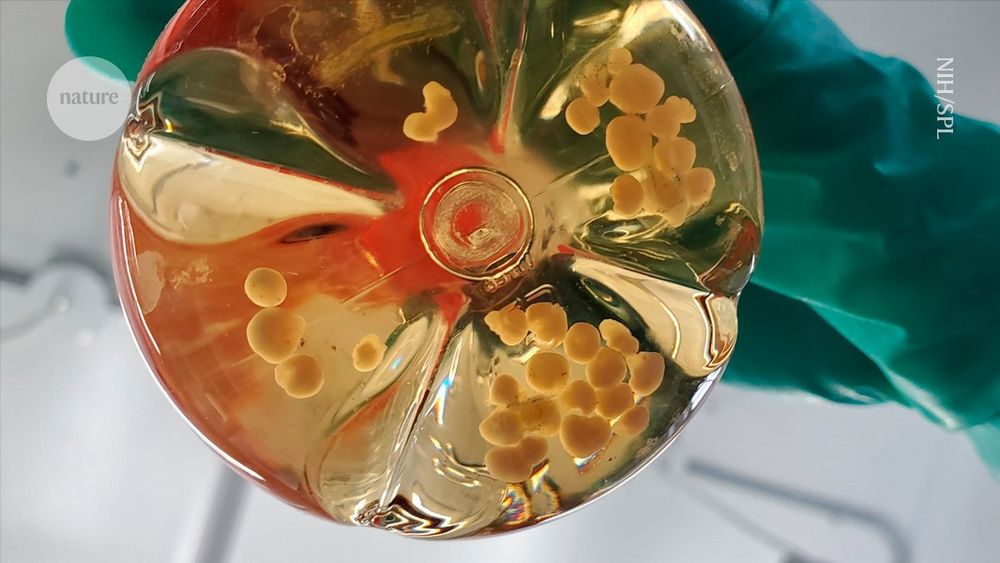
go.nature.com/3IkDNf5
Choose your words with care:
✅ "People living with HIV"
❌ "Infected people"
✅ "HIV acquisition"
❌ "Infection"
✅ "Acquired HIV"
❌ "Caught HIV"
🌐 Learn more & join us: zurl.co/hHvo1

Choose your words with care:
✅ "People living with HIV"
❌ "Infected people"
✅ "HIV acquisition"
❌ "Infection"
✅ "Acquired HIV"
❌ "Caught HIV"
🌐 Learn more & join us: zurl.co/hHvo1








https://go.nature.com/448yuYw
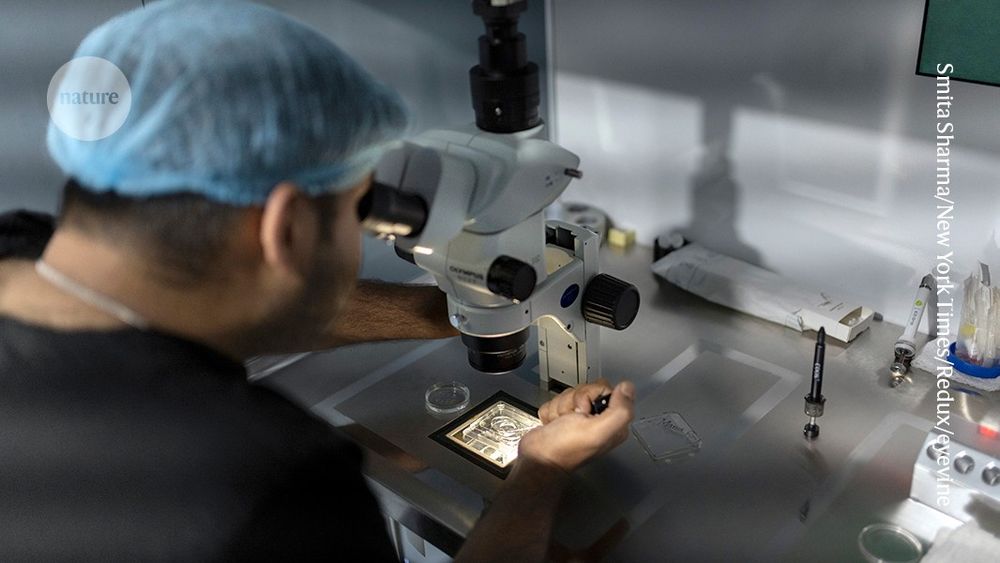
https://go.nature.com/448yuYw
